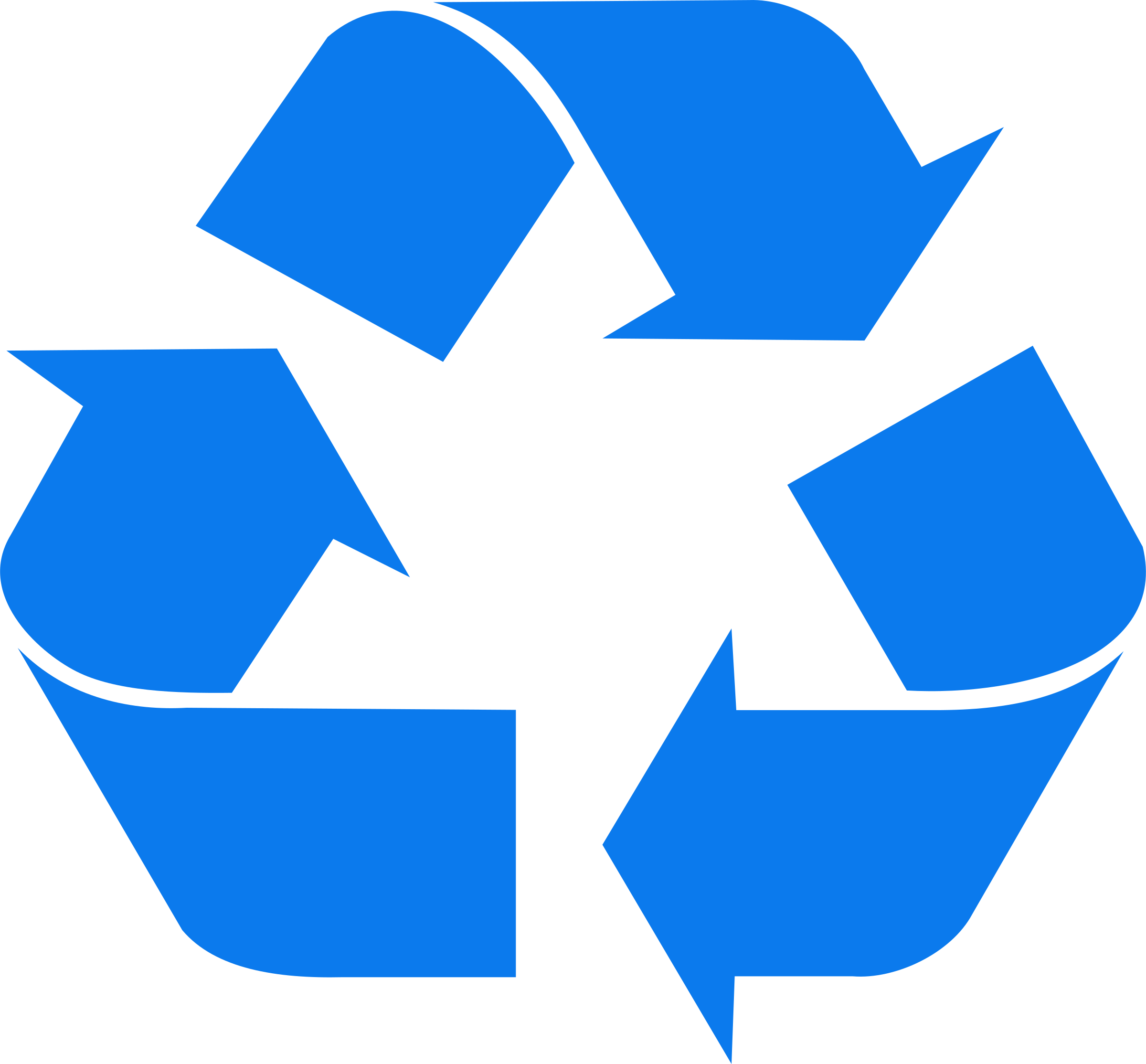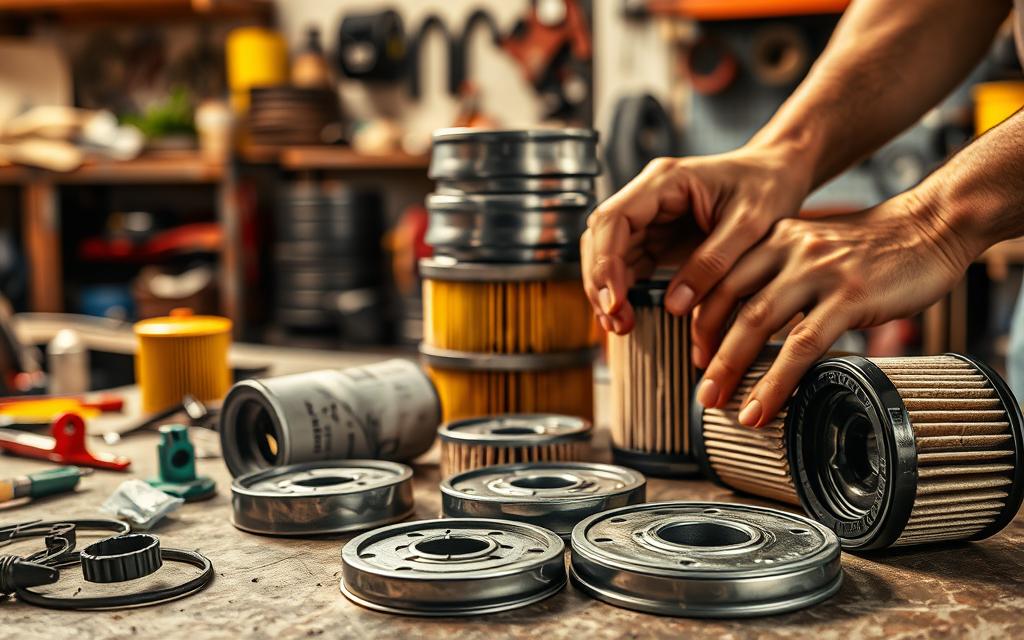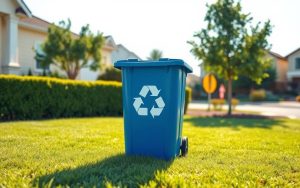Improper disposal of used oil filters poses a significant threat to the environment. According to the EPA, a single oil change can contaminate up to one million gallons of water if not handled correctly. This alarming statistic underscores the importance of proper disposal methods.
Even after draining, these filters retain residual oil, making them hazardous if discarded in regular trash. Federal regulations mandate specialized recycling processes to ensure safety and compliance. Understanding these rules helps protect ecosystems and water sources.
This article explores actionable steps for safely managing filters, ensuring they are processed responsibly. By following these guidelines, individuals and businesses can contribute to a cleaner, healthier environment.
Why Recycling Used Oil Filters is Essential
Used oil filters, when not managed correctly, pose a significant threat to ecosystems. Improper disposal allows toxic heavy metals and hydrocarbons to seep into soil and groundwater. This contamination harms wildlife and pollutes drinking water sources, creating long-term environmental damage.
The Environmental Protection Agency (EPA) classifies these filters as hazardous waste under the Resource Conservation and Recovery Act (RCRA). This designation ensures strict guidelines for their handling. Compliance with EPA regulations is mandatory to avoid penalties and protect public health.
Recycling used oil filters also offers energy-recovery benefits. Annually, 170 million gallons of used oil are refined into industrial fuels. This process reduces reliance on non-renewable resources and supports sustainable practices.
The Environmental Impact of Improper Disposal
Dumping used oil filters in regular trash leads to severe ecological consequences. Residual oil leaks into the environment, contaminating soil and water. This pollution disrupts ecosystems and endangers aquatic life.
EPA Regulations on Oil Filter Recycling
The EPA enforces strict rules to ensure safe disposal of used oil filters. Industrial users must comply to avoid fines and legal repercussions. These EPA regulations are designed to minimize environmental harm and promote responsible waste management.
| Aspect | Illegal Dumping | Compliant Recycling |
|---|---|---|
| Environmental Impact | Soil and water contamination | Reduced pollution |
| Legal Consequences | Fines and penalties | Compliance with EPA regulations |
| Resource Recovery | None | 170M gallons of oil refined into fuels |
How to Prepare Used Oil Filters for Recycling
Proper preparation of used oil filters ensures safe and efficient recycling. Handling these items correctly minimizes environmental risks and maximizes resource recovery. Follow these steps to prepare filters for recycling responsibly.

Hot-Draining the Filter
Hot-draining removes residual oil from the filter. This step is essential to reduce contamination. Wear protective gear, including gloves and safety glasses, to ensure safety.
Puncture the filter while it’s still warm to allow oil to flow easily. Place it upside-down over a sealed container for at least 12 hours. This method ensures up to 95% of the oil is removed, making the filter ready for recycling.
Crushing the Filter
Crushing reduces the filter’s volume by up to 80%, making storage and transportation easier. DIY tools are available, but commercial crushers like OFR’s shredding systems are more efficient.
Crushed filters take up less space and are easier to process at recycling facilities. Always ensure the filter is fully drained before crushing to avoid leaks.
Using a Local Recycling Facility
Local recycling centers often have specific guidelines for accepting used oil filters. Contact your nearest facility to confirm their requirements, such as using drip-proof containers.
Never place used filters in household trash bins. Leakage risks can lead to environmental contamination. Properly prepared filters yield recyclable steel and media, contributing to sustainable practices.
Where to Recycle Used Oil Filters
Finding the right place to handle used oil filters is crucial for environmental safety. Proper disposal ensures these items are processed responsibly, minimizing harm to ecosystems. Several options are available, from local facilities to specialized services.
https://www.youtube.com/watch?v=Aokv_8xHt2E
Local Recycling Centers and Collection Points
Many municipalities offer dedicated collection points for used oil filters. These centers often provide free drop-off services, making them accessible to individuals and small businesses. Always verify hours and any potential fees before visiting.
For example, Anoka County recommends checking facility guidelines to ensure compliance. Properly drained filters are typically accepted in sealed containers to prevent leaks. Using these centers supports community recycling efforts.
Service Stations and Body Shops
Auto repair shops and service stations often accept used oil filters for a small fee. These businesses are equipped to handle hazardous materials safely. Ensure filters are fully drained before dropping them off to meet their requirements.
This industry plays a vital role in reducing environmental impact. By partnering with these locations, individuals can contribute to sustainable practices while adhering to local regulations.
Bulk Oil Filter Recycling Services
For larger quantities, bulk recycling services like OFR provide efficient solutions. Their 330-gallon containers can hold over 1,500 filters, making them ideal for businesses. Scheduled pickups and capacity alerts ensure smooth operations.
These services are particularly beneficial for industries generating significant waste. Leak-proof steel bins and volume discounts make them a cost-effective choice for responsible disposal.
| Option | Benefits | Considerations |
|---|---|---|
| Local Centers | Free drop-offs, community support | Verify hours and fees |
| Service Stations | Convenient, small fee | Must be fully drained |
| Bulk Services | Efficient for large volumes, cost-effective | Requires scheduled pickups |
For businesses seeking comprehensive solutions, GFL Environmental offers specialized collection services tailored to automotive and industrial needs. Their programs ensure compliance with environmental standards while maximizing resource recovery.
Conclusion
Adhering to EPA regulations ensures environmental safety while promoting responsible waste management. Proper handling of used filters minimizes harm to ecosystems and supports sustainable practices. For household needs, simple preparation steps like hot-draining and crushing make disposal efficient.
Businesses generating larger volumes benefit from bulk recycling services. These options streamline the process while ensuring compliance. Anoka County’s updated directory provides localized guidance for finding nearby facilities.
Sharing this information amplifies awareness and encourages others to adopt eco-friendly practices. Together, we can protect natural resources and foster a cleaner future.







